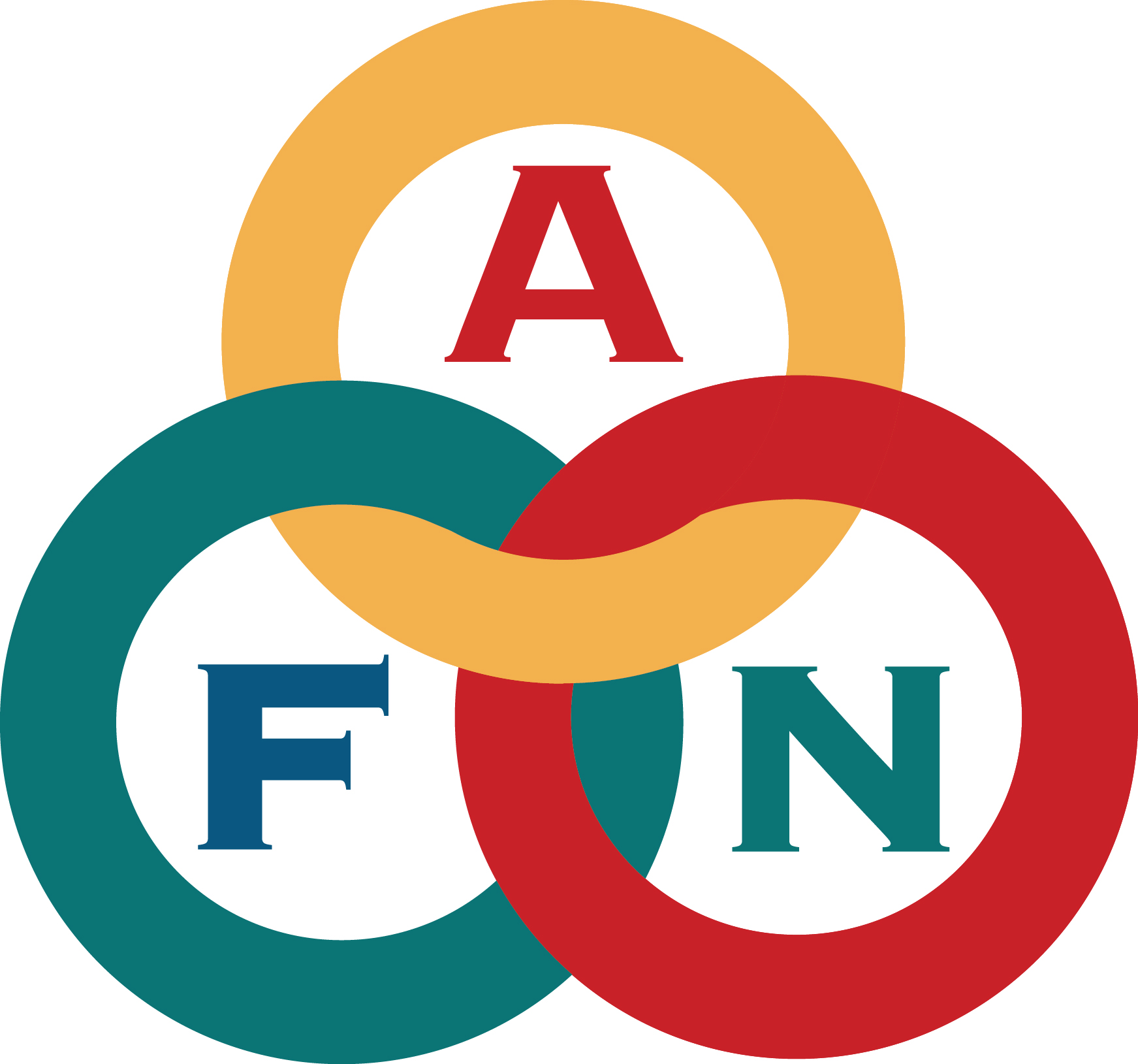Food Security Tikahtnu Ballroom on the third floor of the Dena’ina Center, 2:30 – 5 pm
Dr. Rosita Worl and Mr. Myron Naneng, Co-chairs of the AFN Subsistence Committee, will moderate a Work Session on Food Security including in-depth discussion of co-management of fish and game resources used for subsistence hunting and fishing by the Alaska Native Community. Representatives of Alaska Native organizations involved in co-management of resources used for subsistence purposes such as the Alaska Eskimo Whaling Commission, Eskimo Walrus Commission, and IPCoMM were invited to share their experiences of co-management practices of the organizations during the work session.
Representatives of Ahtna; Association of Village Council Presidents and the Tanana Chiefs Conference will share their aspirations of establishment of Federal-State and Alaska Native co-management of fish and game resources in their regions. Work Session confirmed speakers include The Honorable Mike Connor, Deputy Secretary, Department of the Interior and Dan Ashe , Director, U. S. Fish and Wildlife Service in Alaska.
PUBLIC SAFETY
Tubughnenq Room 4 on the second floor of the Dena’ina Center, 2:30 – 5 pm
Hour One: Tanana 4-H – Following their moving presentation, in which they shared deeply personal substance and physical abuse , some of the youth members from the Tanana 4-H will re turn to talk with AFN delegates. This will be a chance to have a more in depth discussion with the youth on what their experience has been since they presented last year, and what they envision for the future of their community.
Reclaim Alaska Presentation and Discussion – Community members who are sick and tired of watching our community, both local and at a state level, surrender to drug abuse , and the social ills which accompany drug abuse. They’ ve had enough and are doing everything in their power to take our community back, and restore it to wellness. Hour Two: A panel led discussion on the current state of affairs, challenges, and opportunities with respect to public safety. Topic areas include jurisdiction, roles for tribal services, tribal courts, VPSO training, and more.
Panelists:
Matthew Newman, Native American Rights Fund
Captain Anthony April, Alaska State Troopers
Sergeant Jody Potts, VPSO Director, Tanana Chiefs Conference
Climate Change
Kahtni 1 & 2 on the second floor of the Dena’ina Center, 2:30 – 5pm
Climate change and its consequences are increasingly being recognized as some of the most significant challenges of our time, yet there is considerable uncertainty regarding the social and environmental impacts. This work session will begin with a practical presentation from the National Oceanic and Atmospheric Administration (NOAA) on how the weather in Alaska is changing. The workshop wil l then move into a discussion with climate change experts on how to communicate the effects of climate change and how members of local communities and larger communities can move forward and adapt to our changing climate . This session will be moderate d by Fran Ulmer, former Alaska Lt. Gove rnor and Chair of the U.S. Arctic Re search Commission. Panelist include Dr. Brian Hirsh (National Renewable Energy Laboratory), T.C Richmond (Van Ness Law Firm and Vice-Chair of the federal advisory committee that authored the Third U.S. National Climate Assessment,), Richard Thoman (Climate Science and Service s Manager for NOAA Alaska Region) and Michael Brubaker Director, Center for Climate and Health, ANTHC).
Discussion topics may include:
• How do you learn about what climate change me ans fowhere you live and operate?
• Assessments of impacts and vulnerabilities
• Exploring options to mitigate Gre en House Gas emissions
• Exploring modes of adaptation and increasing resi lience (e.g. system and manage ment
changes, technology and infrastructure needs)
• Use of portfolios of approaches
• How do you give input i nto the ongoing science and k nowledge base?
• How do you stay informed on the science and innovation?
• How do you build collaborative partnerships and strengthen institutions and people?
Education Tubughnenq Room 3 on the second floor of the Dena’ina Center
Public/Private Partnerships for Innovation in Education, Moving into the Future: In this session, Delegates and Programs will engage in two dynamic conversations (K12 and post-secondary) about creative opportunities to reform education across the state, bringing the strength of Alaska Native culture to kindergarten readiness, technology and teacher preparation, and leading Alaska Native post-secondary students to new careers and Self-Determination.
How to have a successful energy project Friday, October 24th, 10 am – 12 pm – Tubughnenq Room 3
The Alaska Energy Authority is hosting a special AFN workshop to provide an overview of how to start and complete an energy project in rural Alaska; including Feasibility, Conceptual Design, Design, Construction and Project Close-Out. AEA’s goal is to get good projects in the door for evaluation and help execute good projects. There will also be AEA Subject Matter Experts available to address any technology specific questions, and project status and summary sheets available to check how and when your community will have a project.
